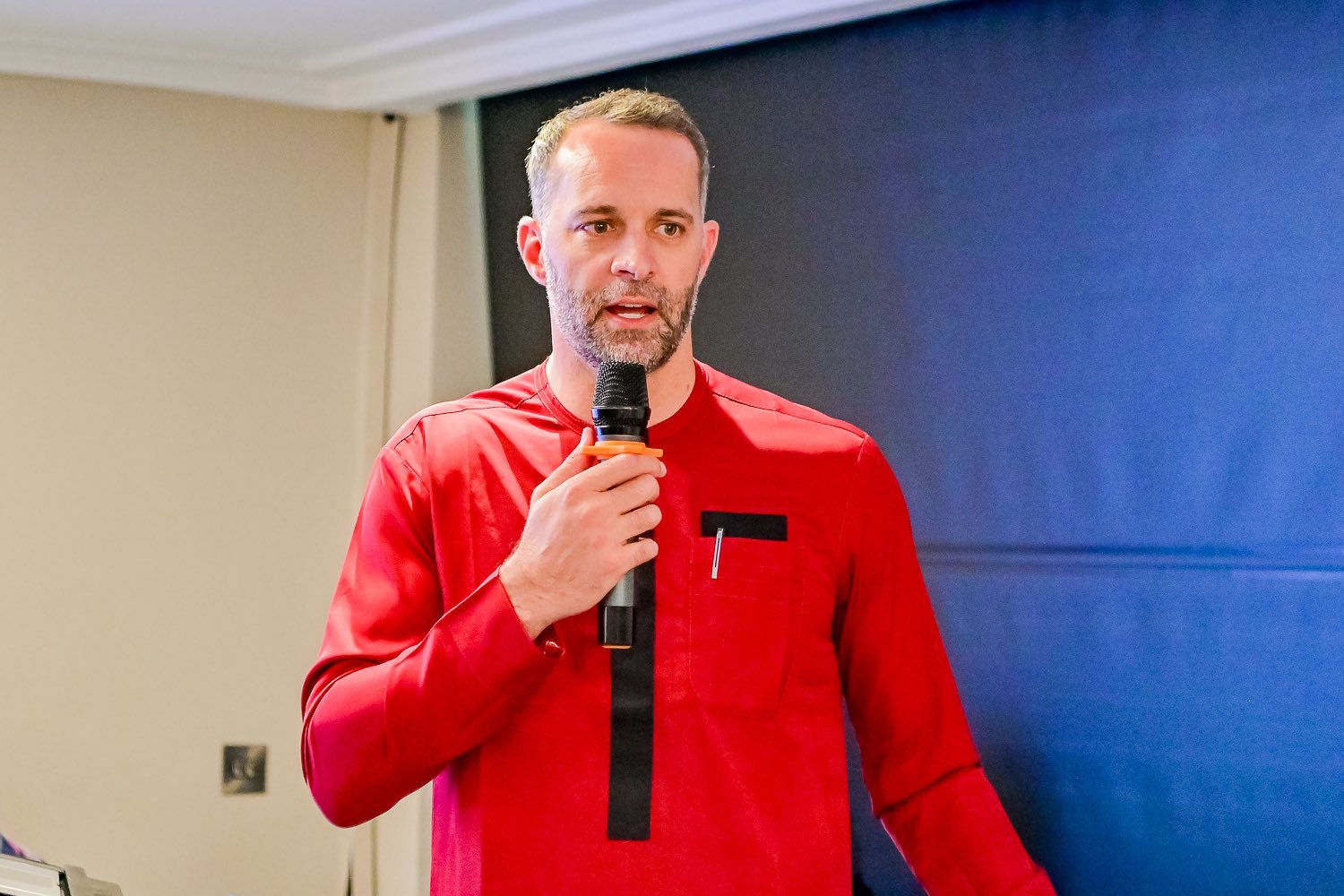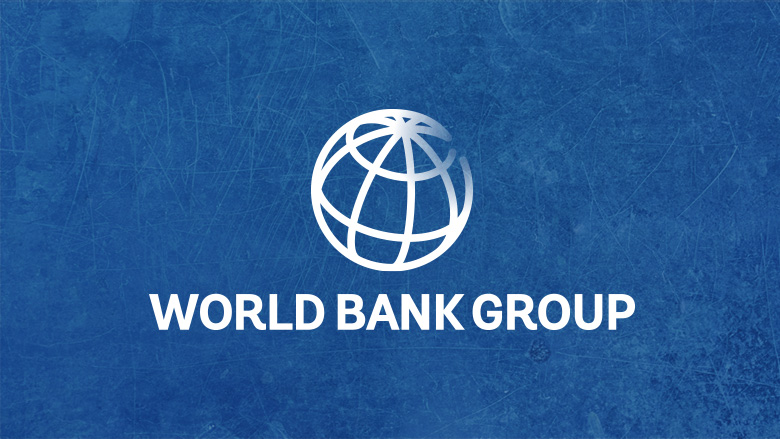In a thought-provoking commentary on the evolving role of artificial intelligence (AI) in today’s workforce, Professor Ndubuisi Ekekwe, a distinguished entrepreneur and academic, has shed light on the transformative impact of AI on employment and the inherent risks of job displacement. His insights come on the heels of a significant announcement by General Motors (GM), one of the world’s largest and most influential automakers, which revealed plans to eliminate 1,000 software-related positions as part of its broader strategy to integrate AI more deeply into its operations.
The news from GM marks a critical juncture in the automotive industry, reflecting a wider trend across various sectors where AI is being deployed to enhance efficiency, quality, and innovation. Professor Ekekwe noted that this development is emblematic of the profound shifts AI is catalyzing in the global job market.
“The nature of work is being fundamentally redesigned by AI,” Professor Ekekwe remarked. “We are witnessing an era where companies are not just adopting AI but are embedding it at the core of their operations. This integration is leading to the creation of smarter systems, but it’s also causing significant disruptions in traditional job roles.”
The decision by GM to reduce its software workforce, even as it ramps up efforts to accelerate AI integration, underscores a paradox that many industries are grappling with: the simultaneous creation of new technological opportunities and the displacement of existing jobs. Professor Ekekwe likened this situation to a scenario from a highly effective political advertisement used by former U.S. President Barack Obama during his campaign against Mitt Romney. The ad featured workers who built a stage for a town hall meeting, only to be fired on that very stage by Romney, the new owner. The poignant image was used to highlight the harsh realities of job loss and corporate decisions that affect workers’ livelihoods.
“Think about it,” Professor Ekekwe urged. “How can a company justify laying off a significant number of software engineers while simultaneously pushing for greater AI integration? The answer lies in the efficiency and capabilities that AI brings, which often renders certain roles redundant. It’s a harsh reality of progress—those who helped build and refine AI systems may find their positions obsolete as the technology advances.”
Professor Ekekwe further explained that the widespread adoption of AI is likely to create a ripple effect across multiple industries. As AI systems become more capable, they will not only replace repetitive and mundane tasks but also take over complex roles that were once thought to be the domain of highly skilled professionals. This shift is already evident in sectors like finance, healthcare, and manufacturing, where AI-driven automation is reducing the need for human intervention in tasks ranging from data analysis to customer service.
However, Professor Ekekwe also acknowledged that while AI is causing job losses in some areas, it is simultaneously opening up new opportunities in others. “AI is not just a job destroyer; it’s also a job creator,” he pointed out. “New roles are emerging that require expertise in AI development, implementation, and maintenance. The challenge lies in ensuring that workers are equipped with the necessary skills to transition into these new roles.”
The professor’s comments highlight the dual-edged nature of AI’s rise, where the technology’s ability to streamline processes and increase productivity is often accompanied by difficult decisions regarding workforce reductions. As companies like GM continue to embrace AI, the global workforce must adapt to the changing demands of the job market.
In conclusion, Professor Ekekwe’s remarks serve as a stark reminder of the complexities associated with AI’s integration into modern industries. While the technology holds the promise of unprecedented innovation and efficiency, it also brings with it the need for a thoughtful approach to managing the human impact of these advancements. The future of work, as Professor Ekekwe suggests, will be one where continuous learning and adaptation are essential for both workers and organizations alike.
Professor Ekekwe further explained that the widespread adoption of AI is likely to create a ripple effect across multiple industries. As AI systems become more capable, they will not only replace repetitive and mundane tasks but also take over complex roles that were once thought to be the domain of highly skilled professionals. This shift is already evident in sectors like finance, healthcare, and manufacturing, where AI-driven automation is reducing the need for human intervention in tasks ranging from data analysis to customer service.

















